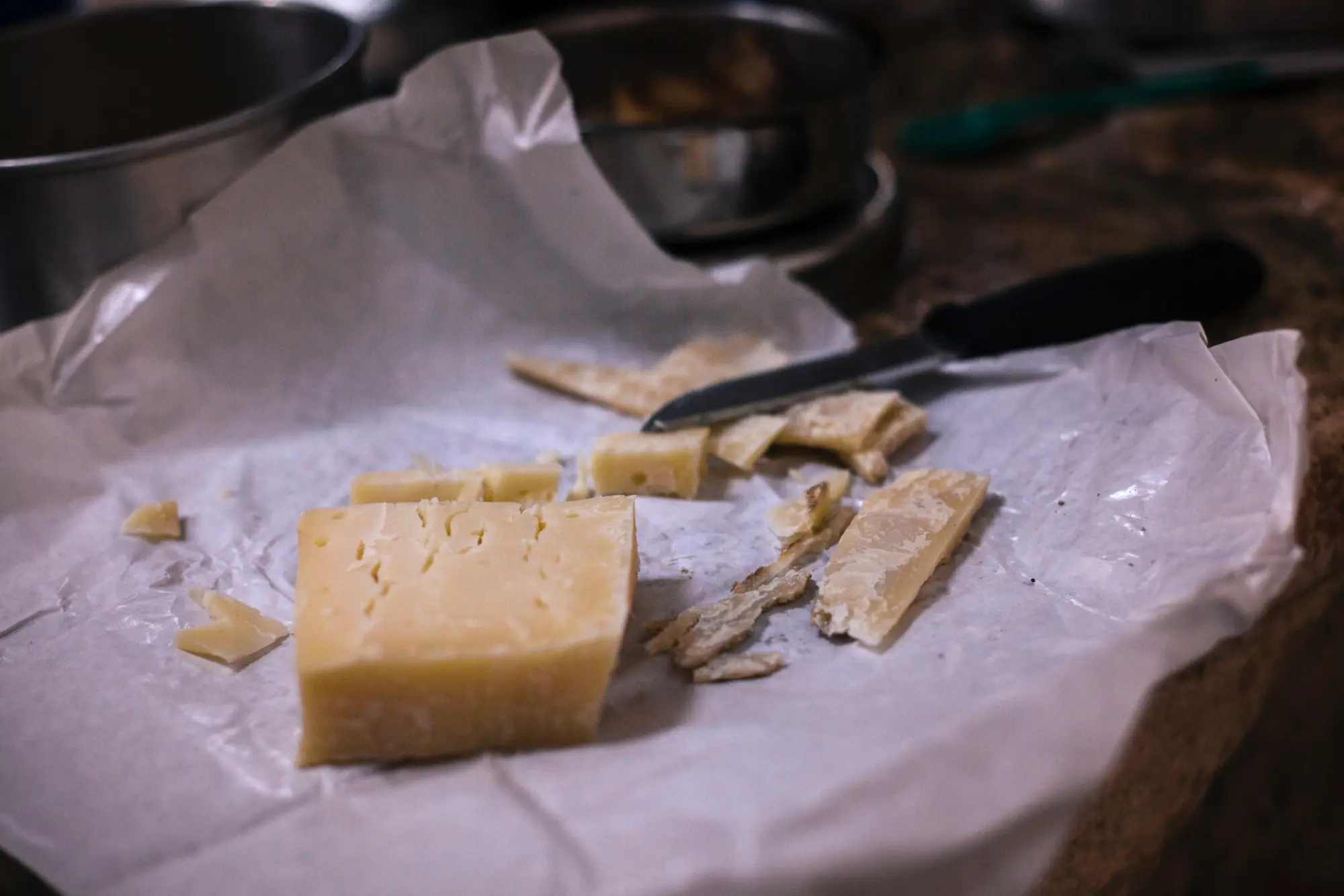From the 13th of December 2016, you are required to provide a Nutrition Declaration on pre packaged foods in the EU according to Regulation (EU) No 1169/2011.
If you are a small business and only providing your products locally, you may be exempt from providing a nutrition declaration on your food product packaging.
The following is a list of exemptions as in ANNEX V of. the exemption to the obligation to register.
If you are not exempt, then our Nutrition Declarations Checklist will guide you through what to do next to create a Nutrition Declaration step by step.
Foods that are exempted from the requirement of the mandatory nutrition declaration
1. Unprocessed products that comprise a single ingredient or category of ingredients;
2. Processed products in which the only processing to which they have been subjected is maturing and that comprise a single ingredient or category of ingredients;
3. Waters intended for human consumption, including those where the only added ingredients are carbon dioxide and/or flavourings;
4. A herb, a spice or mixtures thereof;
5. Salt and salt substitutes;
6. Table top sweeteners;
7. Products covered by Directive 1999/4/EC of the European Parliament and of the Council of 22 February 1999 relating to coffee extracts and chicory extracts, whole or milled coffee beans and whole or milled decaffeinated coffee beans;
8. Herbal and fruit infusions, tea, decaffeinated tea, instant or soluble tea or tea extract, decaffeinated instant or soluble tea or tea extract, which do not contain other added ingredients than flavourings which do not modify the nutritional value of the tea;
9. Fermented vinegars and substitutes for vinegar, including those where the only added ingredients are flavourings;
10. Flavourings;
11. Food additives;
12. Processing aids;
13. Food enzymes;
14. Gelatine;
15. Jam setting compounds;
16. Yeast;
17. Chewing-gums;
18. Food in packaging or containers the largest surface of which has an area of less than 25 cm2;
19. Food, including handcrafted food, directly supplied by the manufacturer of small quantities of products to the final consumer or to local retail establishments directly supplying the final consumer.”
Number 19 is an important exemption, of which many can avail, but you should understand the definitions of “small quantities” and “local retail establishments” to ensure you are exempt under this definition. Each EU state has different definitions of what counts as a “small quantity” and “local retail establishment”. Below are the definitions for Ireland and the UK.
Definitions For Ireland (SOURCE)
‘Small Quantity’
A small quantity is defined as:
(a) 250 kilograms or litres of products per week, or 13,000 kilograms or litres of products per year,
OR
(b) 500 units per week, or 26,000 units per year
What is a ‘unit’?
A unit is defined as being ‘the form in which a product is offered for sale to the final consumer’. Therefore, a unit can vary in size and a package can contain more”blue”.
Definitions For The UK (SOURCE)
“Manufacturer of Small Quantities”
A micro business under the EU and UK definition: less than 10 employees and a turnover/balance sheet total of less than €2m (£1.4m)
“Local Retail Establishments”
Those in the same county as the manufacturer or in an adjoining county or counties, provided this is no more than 30 miles (50 kilometres) from the border of county the manufacturer is in.
If you are not exempt from providing a nutrition declaration, you may find our Nutrition Declarations Checklist useful. It guides you step by step through creating a Nutrition Declaration for your product.
